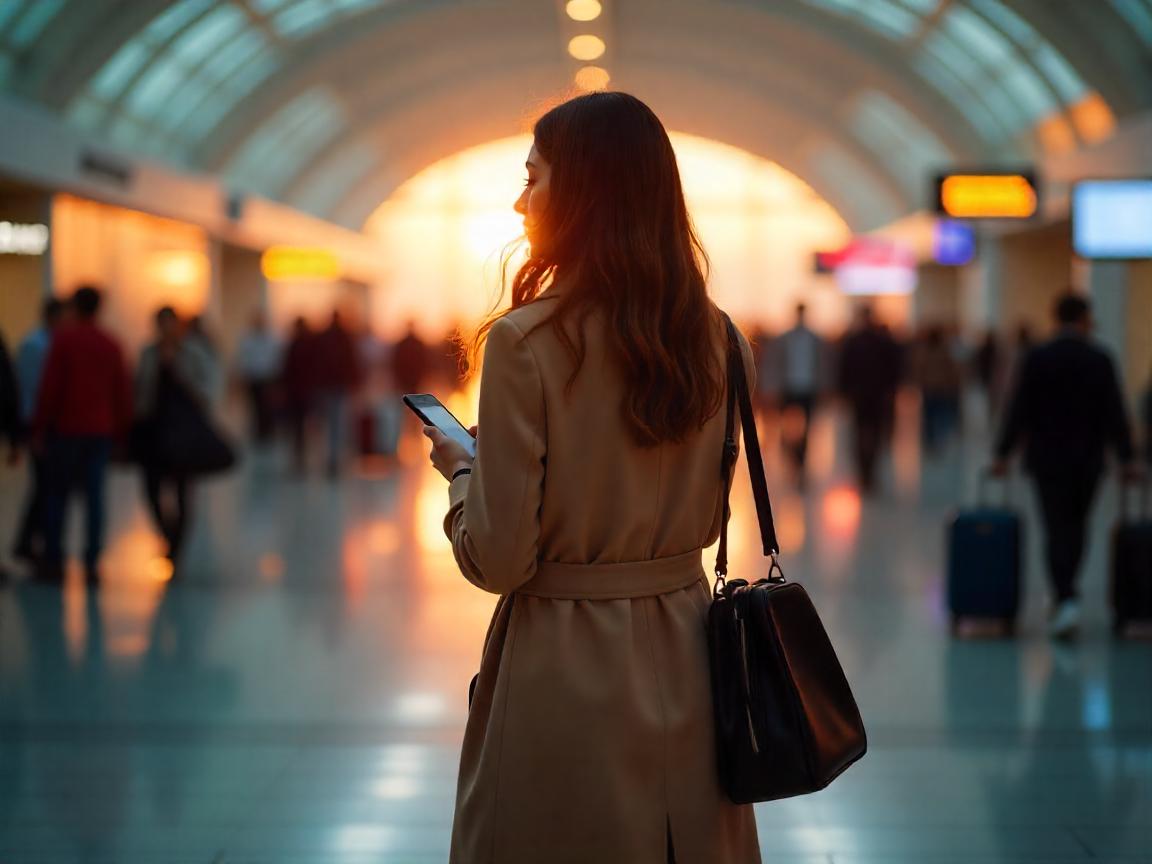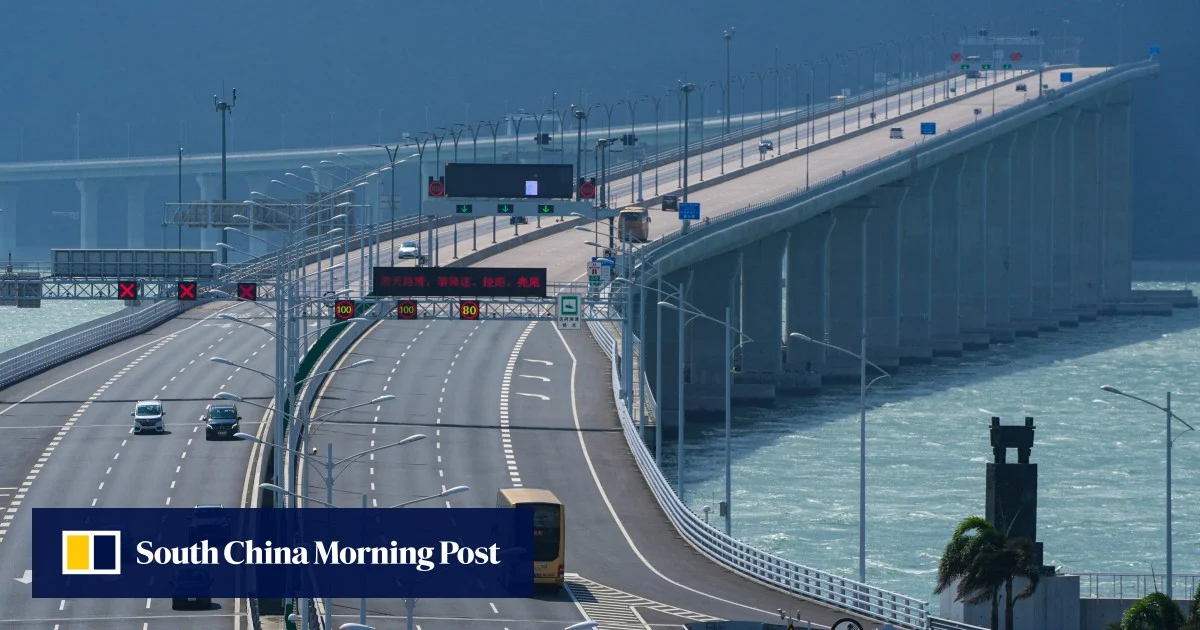Saturday, July 19, 2025
Canada continued to advise its citizens to avoid travel to China, Thailand, Vietnam, Hong Kong, Bangladesh, and Indonesia, amid a combination of mounting political instability, the restricted access to some area and the inability to provide as much help for Canadian citizens through consular means. The updates to the travel warnings recognize the growing threat to travelers from civil disturbances and ranging government restrictions on travel including curfews, Internet blackouts, and the potential for the arbitrary enforcement of local laws. As the situation deteriorates across these important Asian travel destinations, Canada advises you to exercise a high degree of caution and stay informed and well-prepared as conditions can change suddenly.
In a sweeping update to its international travel advisories, Canada has issued heightened caution for travelers planning to visit several Asian countries. The advisory reflects growing concerns tied to political unrest, restricted regions, arbitrary law enforcement, and diminished consular access. Specifically, Canada warns travelers about the evolving situations in China, Thailand, Vietnam, Hong Kong, Bangladesh, and Indonesia, each presenting unique risks that could seriously affect the safety and freedom of foreign nationals.
China: Travelers Face Legal Uncertainty and Exit Bans
Canada urges travelers to China to exercise a high degree of caution due to the risk of arbitrary enforcement of local laws. Chinese authorities operate with limited transparency, making it difficult for detained foreigners to access legal or consular assistance. In China, even non-violent offenses such as financial fraud can result in severe punishment, including the death penalty.
Many Canadians have faced exit bans, sometimes only discovering them while attempting to leave the country. These restrictions may arise from civil or criminal investigations involving the traveler, family members, or business partners. Dual citizens face additional risks. Those who enter on a Chinese passport may be denied Canadian consular assistance, as Chinese authorities may treat them solely as Chinese nationals.
Travelers should take special note of the Xinjiang Uyghur Autonomous Region, where authorities have implemented heavy surveillance, curfews, and security checkpoints. Individuals with ethnic or familial ties to this region may face arbitrary detention. In Tibet and surrounding autonomous prefectures, foreigners must obtain special permits and travel with organized tours. Entering restricted areas without authorization can lead to detainment, fines, or deportation. China has also imposed sudden curfews and suspended travel permissions without warning, even for those with permits.
Thailand: Ongoing Political Tensions and Military Zones
Canada warns travelers to be vigilant in Thailand, particularly in light of persistent political unrest and sporadic protests, especially in Bangkok. These demonstrations can escalate quickly, sometimes leading to violence or transportation disruptions. The Thai government maintains the authority to enforce martial law, impose curfews, censor media, and restrict movement without advance notice.
Canada specifically advises against all travel to Narathiwat, Pattani, Yala, and parts of Songkhla province. These regions experience frequent militant activity, with insurgents launching attacks on government buildings and public areas. Military checkpoints and enhanced security measures remain in place. In addition, areas along the Myanmar border, especially in Mae Hong Son and Tak, face occasional violence, including clashes involving drug traffickers and criminal groups.
Tensions also simmer along the Thailand–Cambodia border, where recent military exchanges have occurred. Travelers should expect border closures, increased military presence, and possible detentions in these disputed regions.
Vietnam: Tourist Scams, Demonstration Risks, and Digital Fraud
Vietnam remains a high-risk location for petty crime, particularly in busy urban centers and during national holidays like Tet (Lunar New Year). Thieves frequently target tourists in crowded marketplaces, airports, and on public transport, often using distraction tactics or high-speed motorbike theft.
Travelers have reported gambler targeting scams, where friendly strangers lure them to private homes for casual games and then extort large amounts of money. Taxi fraud, especially at Nội Bài International Airport, remains a serious threat. Some drivers pose as hotel representatives and force passengers to withdraw cash from ATMs under duress.
Vietnam also poses digital security risks. Hackers often exploit public Wi-Fi networks to access personal and financial data. Visitors should avoid online banking or shopping while connected to unsecured networks and remain vigilant against phishing scams and fake websites.
Although public demonstrations are rare due to government restrictions, they carry severe penalties. Participating in unauthorized gatherings can result in arrest or long prison sentences. Recent attacks in Dak Lak have prompted heavy police presence and increased surveillance in the region.
Hong Kong: Legal Ambiguity and Shrinking Freedoms
While Hong Kong continues to attract international visitors, Canada warns that travelers may face unpredictable legal enforcement. Demonstrations remain illegal without prior approval, and authorities have cracked down on both participants and observers. Foreign nationals, including journalists and tourists, have faced questioning, detention, and legal action for documenting protests.
Authorities maintain strict surveillance, and travelers should expect their communications, devices, and online activities to be monitored. Content critical of the Chinese government or in support of Hong Kong’s autonomy could prompt investigation or action by local law enforcement.
Petty crime, such as pickpocketing and purse snatching, also persists in crowded areas like tourist attractions, airport terminals, hotel lobbies, and public transport systems.
Bangladesh: Political Unrest, Demonstrations, and Ethnic Conflicts
Bangladesh remains volatile following widespread political violence in 2024. Although direct clashes have decreased, Canada warns that the security environment could deteriorate without notice. The capital, Dhaka, frequently hosts demonstrations, particularly on Friday afternoons, and protests often escalate into confrontations involving explosives or armed individuals.
Canada strongly urges travelers to avoid the Chittagong Hill Tracts, where ethnic and politically motivated violence has resulted in kidnappings, armed clashes, and extortion. Visitors entering this region must secure prior permission from local authorities.
Southern regions such as Cox’s Bazar experience movement restrictions due to large-scale Rohingya refugee settlements. Travelers providing humanitarian aid must do so through approved agencies registered with Bangladeshi authorities.
General strikes—known as hartals—can paralyze transportation and business operations. During these events, travelers may struggle to find fuel, food, and essential supplies, and consular support may become limited.
Indonesia: Sectarian Tensions and Restricted Provinces
Canada advises travelers to exercise a high degree of caution throughout Indonesia, particularly in light of ongoing political, religious, and social tensions. The government continues to combat the threat of militant activity, but regions like Indonesian Papua remain dangerous due to violent incidents, separatist threats, and increased kidnapping risks.
Canada recommends avoiding non-essential travel to all provinces of Indonesian Papua, except the city of Sorong and the Raja Ampat Islands. In February 2023, militant groups in the area issued threats specifically referencing foreigners. The Aceh province also experiences armed robberies, particularly against solo or nighttime travelers.
Elsewhere, sectarian violence poses threats in Central Sulawesi, Maluku, and other islands. Demonstrations can erupt with little notice and often prompt aggressive response from security forces. During such unrest, authorities may deploy tear gas, water cannons, and mass detentions to quell disturbances.
Travelers should also take precautions against digital fraud and identity theft, which remain widespread across the country. Credit card skimming and ATM scams are common, especially in tourist areas like Bali and Jakarta.
China, Thailand, Vietnam, Hong Kong, Bangladesh and Indonesia are the latest on the list of travel alerts issued by Canada because of growing political unrest, limited regional access and constrained consular assistance. The guidance follows increasing interests over government crackdowns, legal ambiguities and diminished protections on foreign travelers in those countries.
Final Advisory: Heightened Risk Across Asia Requires Serious Caution
Canada’s updated travel advisories reflect a growing web of risk for travelers venturing across Asia. From exit bans and restricted zones in China, to martial law in southern Thailand, scam networks in Vietnam, and volatile protests in Bangladesh, each country listed carries complex dangers that go beyond typical travel warnings.
Moreover, limited consular access—particularly in areas under military control or with restricted communication—means travelers may find it difficult to receive timely assistance in emergencies. Travelers must remain informed, vigilant, and prepared for sudden changes in security measures, mobility, or access to legal support.
Canadian authorities strongly recommend that travelers:
- Register with the Registration of Canadians Abroad service
- Monitor official travel advisories and local news
- Avoid high-risk regions and unauthorized gatherings
- Carry multiple forms of identification
- Use secure methods of communication and payment
In the shifting global climate of today, the informed traveler is the safe traveler. Those who are going to China, Thailand, Vietnam, Hong Kong, Bangladesh or Indonesia should think before you act, comply with the laws of the country and make personal safety first at any time on the way.



